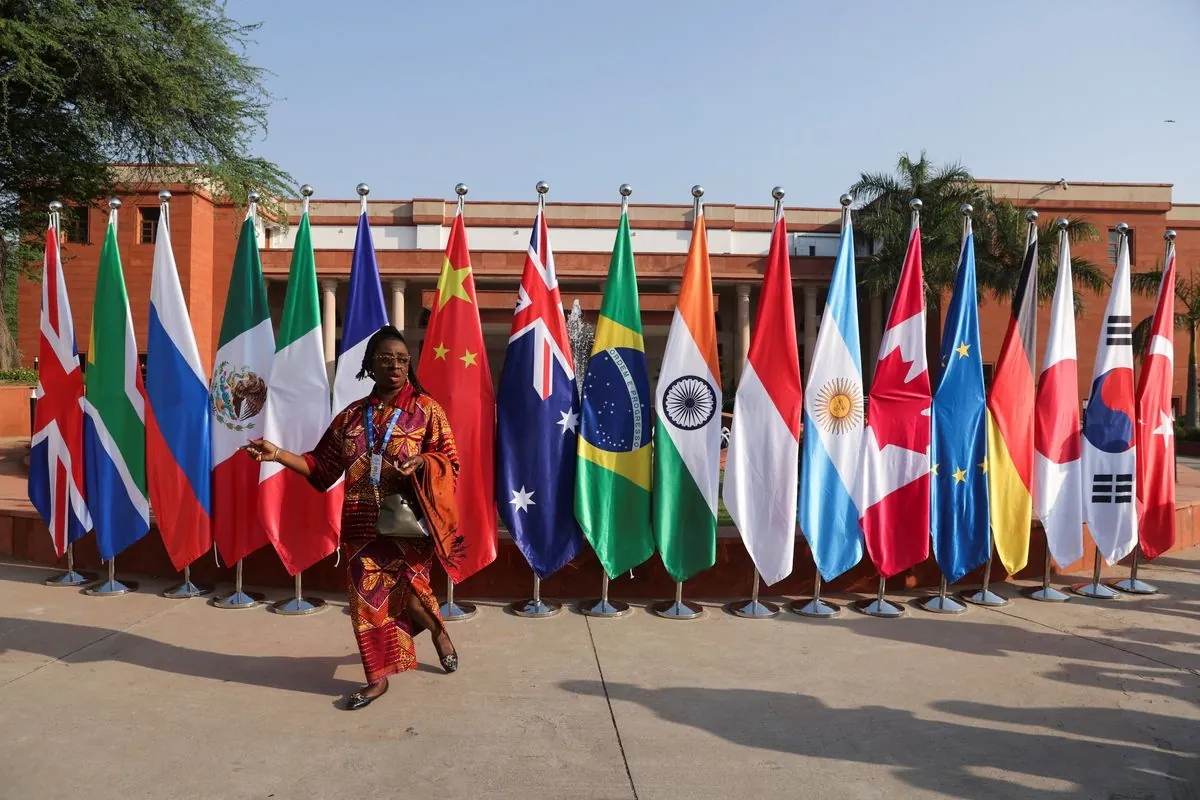In a landmark decision, G20 leaders have reached an agreement to address disinformation and establish guidelines for artificial intelligence (AI) development. This consensus, achieved on September 13, 2024, in Maceio, Brazil, marks the first time in the group's 25-year history that it has officially recognized the threat of disinformation and called for transparency from digital platforms.
The G20, founded in 1999 in response to financial crises, represents about two-thirds of the world's population and more than 80% of its economic output. This diverse group of nations has now united to tackle the challenges posed by the rapid spread of misinformation and hate speech in the digital age.
João Brant, secretary for digital policy at the Brazilian presidency, emphasized the significance of this agreement:
"It is the first time in the G20's history that the group recognizes the problem of disinformation and calls for transparency and accountability from digital platforms."
The ministers' statement underscored the need for digital platforms to align with relevant policies and legal frameworks, promoting transparency in their operations.
In addition to combating disinformation, the G20 leaders agreed to establish guidelines for AI development. These guidelines call for ethical, transparent, and accountable use of AI, with human oversight and compliance with privacy and human rights laws. This move follows the first international agreement on AI ethics adopted by UNESCO in 2021, demonstrating a growing global concern for responsible AI development.
Renata Mielli, Brazil's negotiator in the AI working group, revealed that despite disagreements among countries, including China and the United States, a consensus prevailed on the importance of collaboration to reduce global asymmetry in AI development. This agreement reflects the G20's commitment to addressing the technological divide between nations.
The G20's decision comes against the backdrop of recent controversies, including the ban of X (formerly Twitter) in Brazil. This ban, ordered by Supreme Court Justice Alexandre de Moraes, followed a prolonged conflict with X's owner, Elon Musk, over the platform's reluctance to block certain users accused of undermining Brazilian democracy.
Brazil, currently holding the G20 presidency, has placed issues concerning the developing world at the forefront of its agenda. President Luiz Inácio Lula da Silva, serving his third term since 2023, has emphasized the reduction of inequalities and the reform of multilateral institutions as key priorities.
As the G20 Leaders' Summit approaches in November 2024 in Rio de Janeiro, the world's attention will be focused on how these agreements translate into concrete actions. The challenge now lies in implementing these guidelines effectively across diverse nations, each with its own legal and cultural frameworks.
This historic agreement by the G20 represents a significant step towards addressing the complex challenges of the digital age, balancing technological advancement with ethical considerations and global cooperation.
